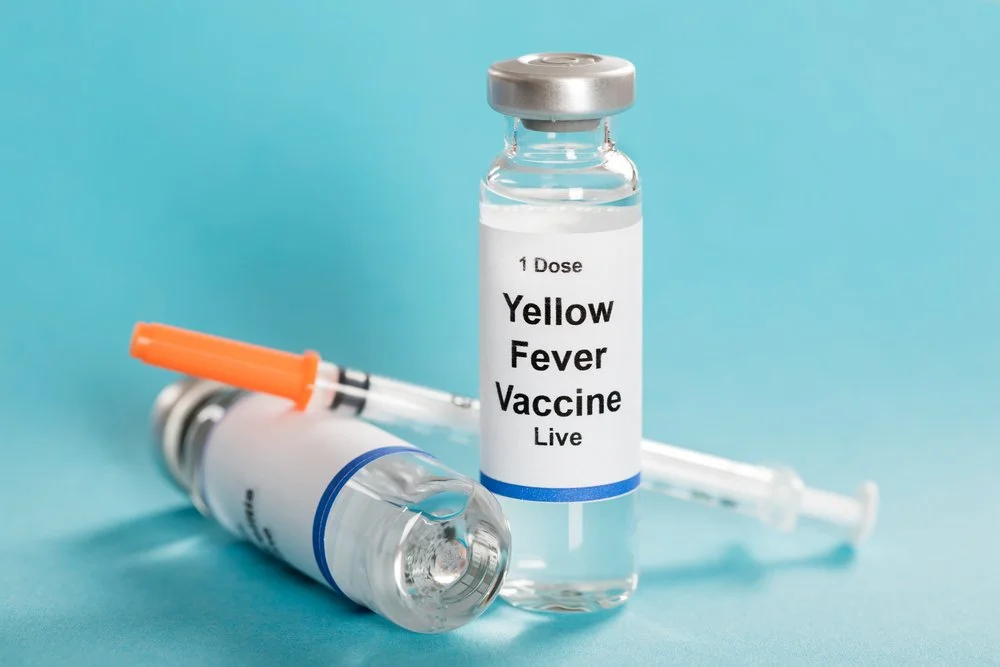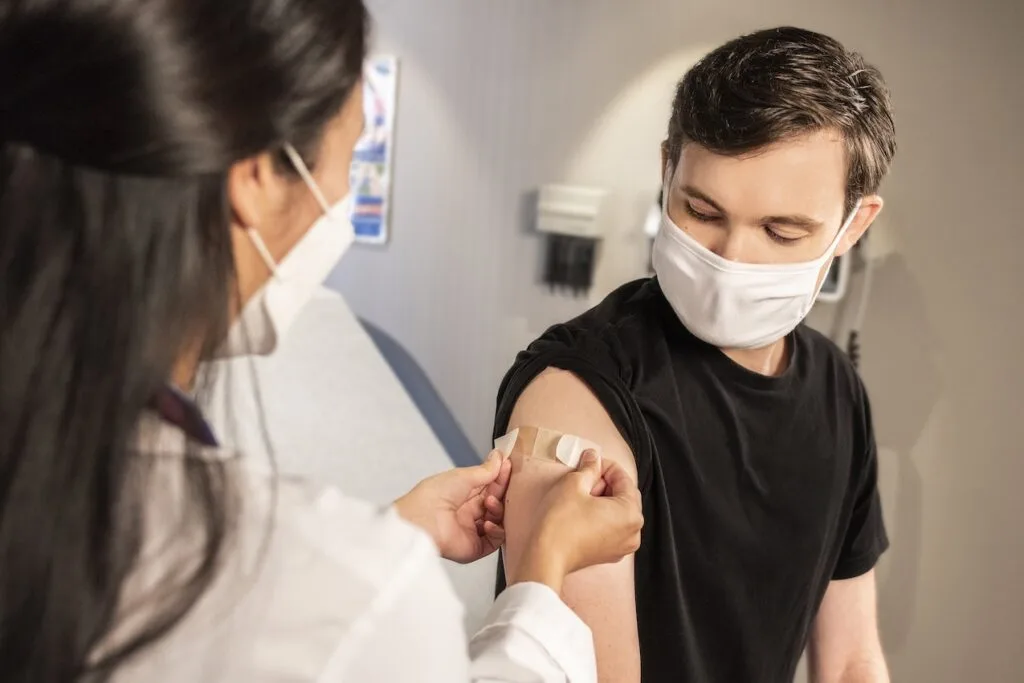Call +255 783 884 129
Traveling to Tanzania, whether for a Mount Kilimanjaro climb, a safari in the Serengeti, or relaxing on Zanzibar’s beaches, is an unforgettable experience. However, before you start packing your bags, it is important to prepare for the health requirements of the trip. Tanzania is in East Africa, and while it is a welcoming and safe destination for tourists, it has tropical conditions and diseases that may not exist in your home country. Good health preparation ensures that you stay safe and enjoy your adventure without interruptions from illness.

Before traveling, most visitors are advised to have certain vaccinations to protect against common diseases. These may include hepatitis A and B, typhoid, tetanus, polio, measles, and rabies, depending on your activities and the areas you plan to visit. If you are coming from or transiting through a country with yellow fever risk, Tanzania requires proof of a yellow fever vaccination upon arrival. Even if it is not required for your itinerary, many travelers still choose to get the yellow fever vaccine as an extra precaution.
It is always best to visit a travel clinic or your doctor at least six weeks before departure. This gives enough time for vaccinations to take effect and for you to receive any booster doses you may need. Your health provider will review your medical history, travel plans, and length of stay to recommend the best vaccination schedule for you.
Malaria is present in many parts of Tanzania, including areas around Mount Kilimanjaro, the Serengeti, and Zanzibar. The risk varies by region and season, but taking preventive measures is essential. Travelers are usually advised to take antimalarial medication, which should be started before entering the country and continued after leaving, as prescribed by your doctor. In addition to medication, using mosquito repellent, wearing long sleeves in the evenings, and sleeping under insecticide-treated nets can greatly reduce your risk.
Even in higher altitude areas such as the summit of Kilimanjaro, where mosquitoes cannot survive, you will pass through lower zones during your trek where malaria is still a risk. For this reason, prevention should cover your entire journey, not just certain sections.

Tanzania’s tropical climate and outdoor activities also carry other health risks. Traveler’s diarrhea can be common, especially if you are not used to local food and water. To minimize the risk, drink only bottled or treated water, avoid ice unless you know it is made from safe water, and eat freshly cooked food. Street food can be delicious, but choose stalls that are clean and busy with customers.
Altitude sickness is another consideration, especially if you are climbing Mount Kilimanjaro. The effects of high altitude can range from mild headaches and fatigue to serious conditions if not managed properly. The best prevention is a gradual ascent, proper hydration, and listening to your guide’s advice. If symptoms become severe, descending to a lower altitude is the safest solution.
Heat exhaustion and dehydration are possible in hot regions, particularly on safari or while walking in sunny areas. Wearing light, breathable clothing, drinking plenty of fluids, and taking breaks in shaded spots will help you stay safe.
Major cities like Dar es Salaam, Arusha, and Moshi have hospitals and clinics that can handle most common medical needs. However, facilities in rural areas and national parks are more limited, so it is best to bring any essential medication with you. Pharmacies are widely available in towns, but some medicines may be different from what you are used to, and brand names can vary.
For serious conditions, medical evacuation to a larger hospital or even to another country may be necessary, which is why having comprehensive travel insurance with medical evacuation coverage is essential.
Travel insurance is not just a formality it is an important part of health preparation for Tanzania. It should cover medical treatment, hospital stays, emergency evacuation, and trip cancellation. If you are climbing Kilimanjaro, make sure your insurance includes coverage for high-altitude trekking up to at least 6,000 meters. Always carry a copy of your policy details and emergency contact numbers with you.

Start planning your tailor-made trip by contacting our Tanzania specialist, Mr. Jackson.
Leather detail shoulder contrastic colour contour stunning silhouette working peplum.
Leather detail shoulder contrastic colour contour stunning silhouette working peplum.
Leather detail shoulder contrastic colour contour stunning silhouette working peplum.
100% local tour company based in Tanzania. We offer Kilimanjaro climbs, wildlife safaris, Zanzibar trips, and cultural tours. Travel with experts. Support local.

© 2025 Bush Lion Tours. All Rights Reserved. | Website by Bush Lion Team 🇹🇿